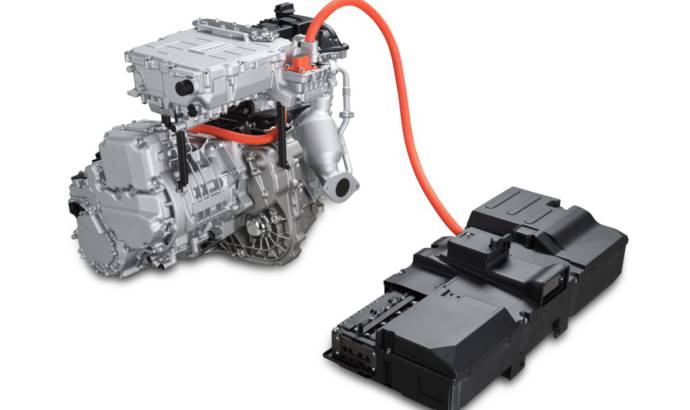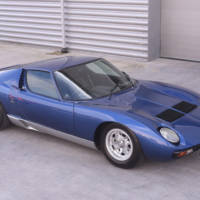Even if they always blamed Chevrolet for not building a 100% electric vehicle, Nissan officials had to make a compromise in order to increase their electric car sales for the next few years.
Nissan Motor today introduced its new drive system called e-POWER to customers. It marks the first time that e-POWER technology is available for consumers. e-POWER borrows from the EV technology in the Nissan Leaf, the best-selling electric car of the momment, with more than 250,000 units sold. Unlike the leaf, e-POWER adds a small gasoline engine to charge the high-output battery when necessary, eliminating the need for an external charger while offering the same high-output.
The e-POWER system features full electric-motor drive, meaning that the wheels are completely driven by the electric motor. The power from a high-output battery is delivered to the e-POWER’s compact powertrain comprised of a gasoline engine, power generator, inverter, and a motor. In conventional hybrid systems, a low-output electric motor is mated to a gasoline engine to drive the wheels when the battery is low (or when traveling at high speeds).
However, in the e-POWER system, the gasoline engine is not connected to the wheels; it simply charges the battery. And unlike a full EV, the power source originates from the engine and not just the battery.
Nissan has cracked the code and learned how to minimize and reduce weight, develop more responsive motor control methods and optimize energy management. As a result, e-POWER uses a smaller battery than the LEAF, but delivers the same driving experience as a full EV.
The system operates very quietly, much like a full EV. Because e-POWER relies on the engine much less frequently, its fuel efficiency is comparable to that of leading conventional hybrids, especially during around-the-town commutes.
The e-POWER system is classified as a series hybrid. The Note e-POWER represents the first mass-production compact segment car ever to be equipped with a series hybrid system.



